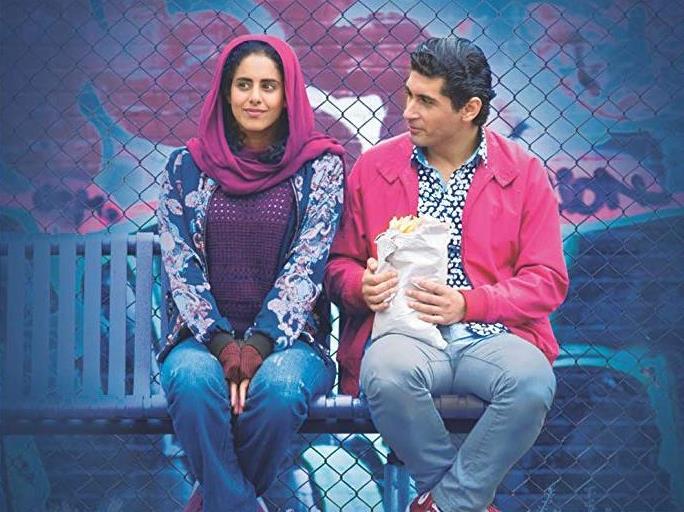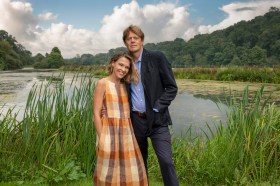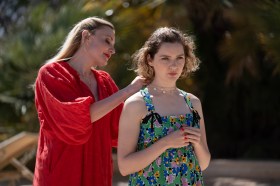Written by Osamah Sami, Ali’s Wedding (2017) is an Australian rom com which won an AACTA award. Image via IMDB.
Culturally and linguistically diverse (CALD) Australians are four times less likely than Australians from Anglo backgrounds to hold leadership roles in the nation’s leading screen and radio organisations, according to new research published by Diversity Arts Australia.
Last week Diversity Arts Australia, BYP Group and Western Sydney University released Shifting the Balance, a report on the level of CALD leadership in Australia’s arts, screen and creative sectors. Researchers found that:
- CALD Australians are under-represented at the leadership level of the major screen and radio organisations by 30%.
- Three in five major screen and radio organisations had all-white boards, panels and executives.
The results may be shocking but not surprising. Previous research had shown that 75% of employees in the Australian media and entertainment industry were ‘white, male and aged over 35.’ Screen Australia’s 2016 study of CALD representation on screen found that just 7% of main characters in Australian TV dramas were from non-European backgrounds.
The lack of CALD Australians in leadership roles in the major screen and radio organisations is clearly problematic for equity and social justice reasons. According to PwC, it is also ‘dragging down the future growth of the industry.’ Research has shown that support for cultural diversity:
- enhances organisational robustness
- increases productivity and innovation
- improves decision making
- increases access to talent
Recent successes such as Crazy Rich Asians (which posted the best box office debut for a rom com in three years), and Always Be My Maybe (viewed by 48 million subscriber households in its first four weeks on Netflix) show that there is a vast and largely unmet demand for screen content featuring CALD leads and modern CALD, diaspora stories.
It’s an area in which Australia, with 39% of its population identifying as having non-Anglo ancestry, could address this lucrative niche audience. Supporting CALD Australians to achieve equitable representation on and off screen is not only good for social justice; it’s good for business.





